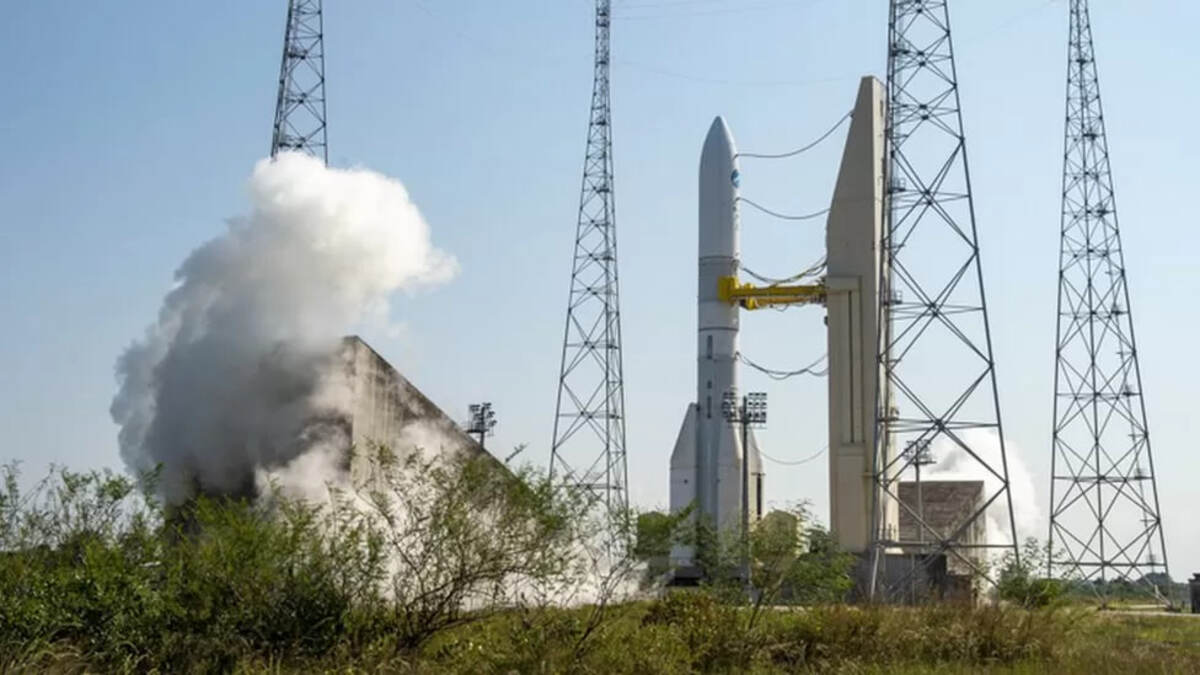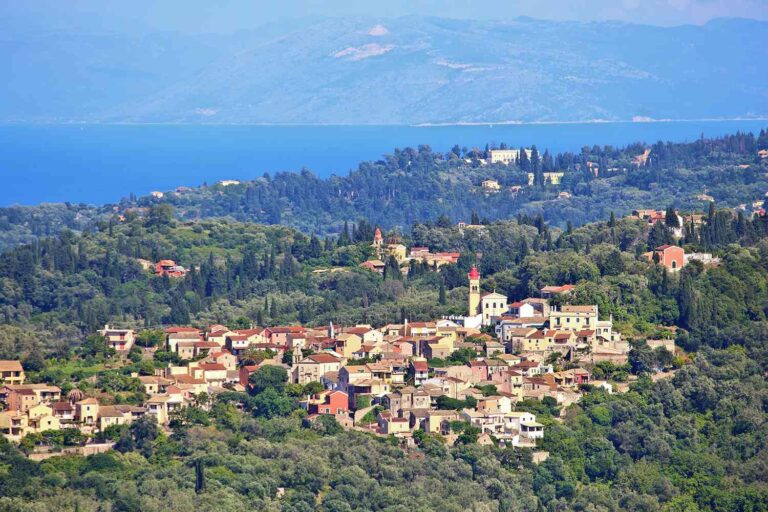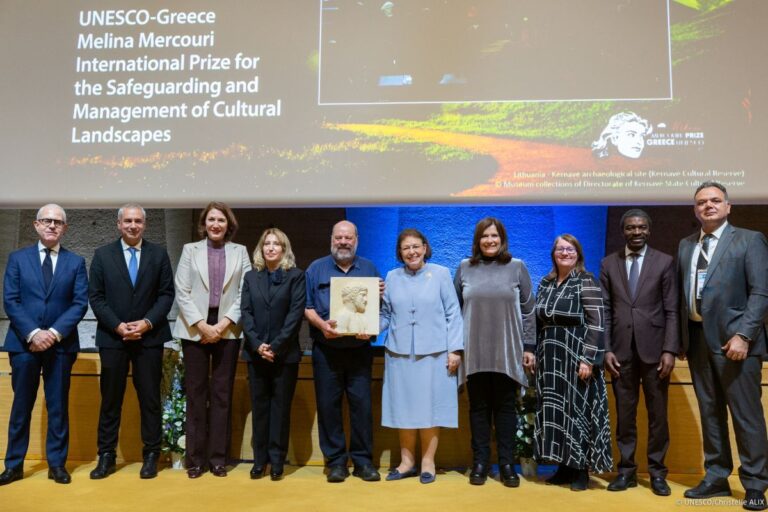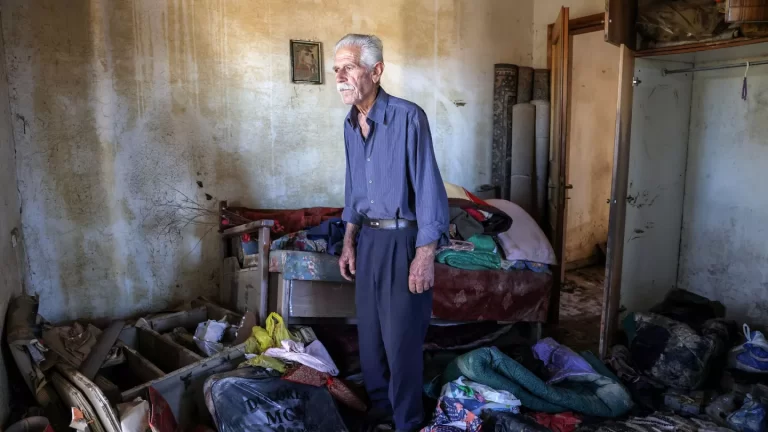Europe’s next-generation rocket has completed its first “hot-fire” test on its launch pad, in French Guiana.
The Ariane-6 vehicle lit its main cryogenic engine for four seconds before being shut down.
A full-duration test, lasting almost eight minutes, is now planned in about a month’s time.
It is then that an assessment will be made about the rocket’s readiness to fly. An inaugural launch is likely sometime next year.
The Ariane-5 was the mainstay of Europe’s access to space for 27 years before its retirement, in July.
Its €4bn (£3.4bn) successor should prove more adaptable, flying more frequently at significantly reduced cost.
But it is late – originally intended to enter service in 2020.
The hot-fire test, on Tuesday, saw engineers take a representative engineering model of the Ariane-6 through a simulated launch sequence on its dedicated pad complex, at the Kourou spaceport.
Liquid hydrogen and liquid oxygen were fed into the propellant tanks and the countdown run right through to the ignition of the big Vulcain-2 engine on the underside of the vehicle’s first, or core, stage.
The brief, full-power burn will have been used to validate models about the dispersion of exhaust gases and the anticipated noise and vibration environment.
It also confirmed the rocket’s ability to abort safely were a computer to spot a malfunction just prior to a lift-off.
The Ariane-6 will operate in two configurations:
- One will incorporate two solid-fuel side boosters for lifting medium-sized payloads
- The other will have four strap-on boosters to lift the heaviest satellites
The core stage is supplemented with a second, or upper, stage, that will place the payloads in their precise orbits high above the Earth.
This stage, with its new Vinci engine, has gone through extensive testing on a special stand in Germany.
The most recent of these tests simulated a flight in which the engine was stopped and restarted, something it might be asked to do up to four times.
The Ariane-6 programme is led by the European Space Agency (Esa). The prime contractor is ArianeGroup, which works closely also with the French National Centre for Space Studies (Cnes) and German Aerospace Center (DLR).
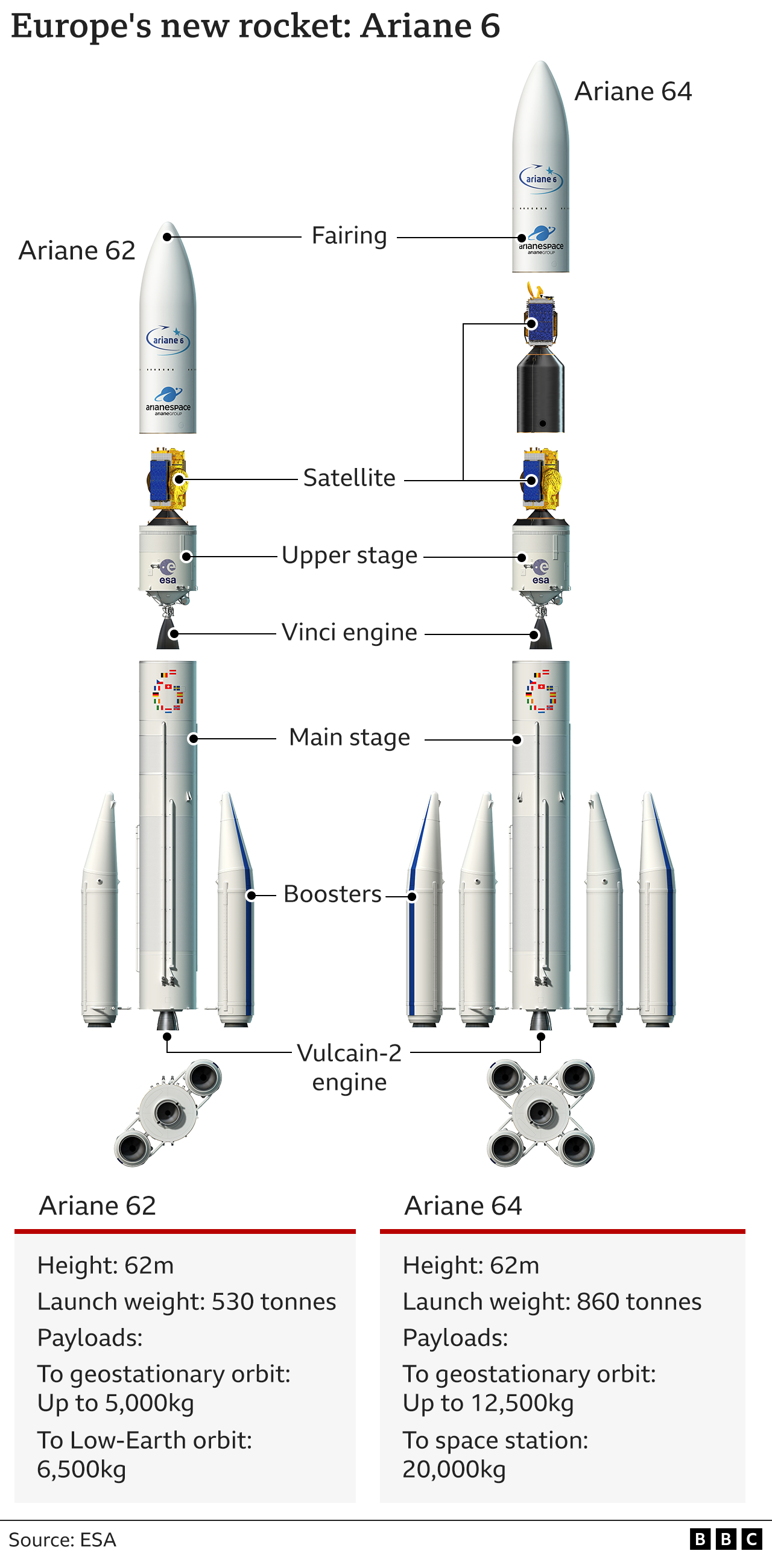
Arianespace, a subsidiary of ArianeGroup, is responsible for operating the Kourou spaceport and for marketing the Ariane-6.
So far, it has orders for 28 launches, 18 of which are for US technology company Amazon, to send up batches of satellites for a broadband internet service called Kuiper.
The first flight-capable Ariane-6 vehicle will be shipped to French Guiana in October.
It was commissioned because the cost of producing the Ariane-5 became unsustainable in the face of US competition.
Entrepreneur Elon Musk’s SpaceX company has upended the launch market in the past decade, with his reusable Falcons undercutting the Ariane-5’s price point.
The Ariane-6 is intended to be at least 40% cheaper than the Ariane-5 but remains an “expendable” design – a new rocket is needed for every mission.
Bigger rockets
Europe is moving towards reusability but the necessary technologies will not be in service until the 2030s.
In the meantime, Mr Musk is introducing even bigger rockets that promise to reduce launch costs still further.
European research ministers will attend a summit in November, to discuss the future needs of the continent’s launch market.
The UK was a leading player right at the beginning of Europe’s launcher endeavours and remains an Esa member state – but its involvement in the Ariane programme ended when the Ariane-4 was retired, in 2003.
The UK’s biggest satellites, both commercial and government-owned, do use Ariane services, however.
Source: British Broadcasting Corporation

